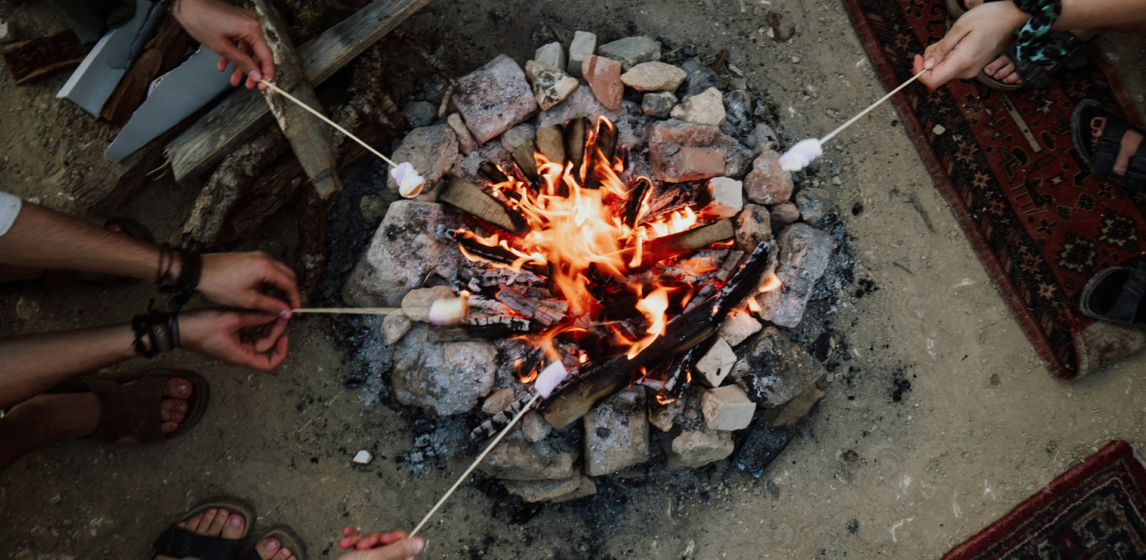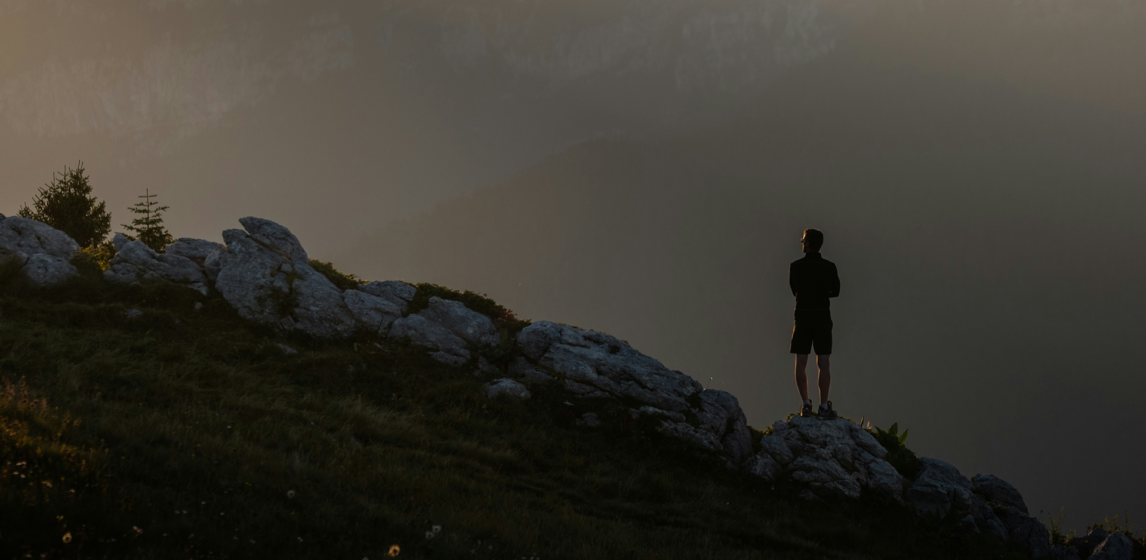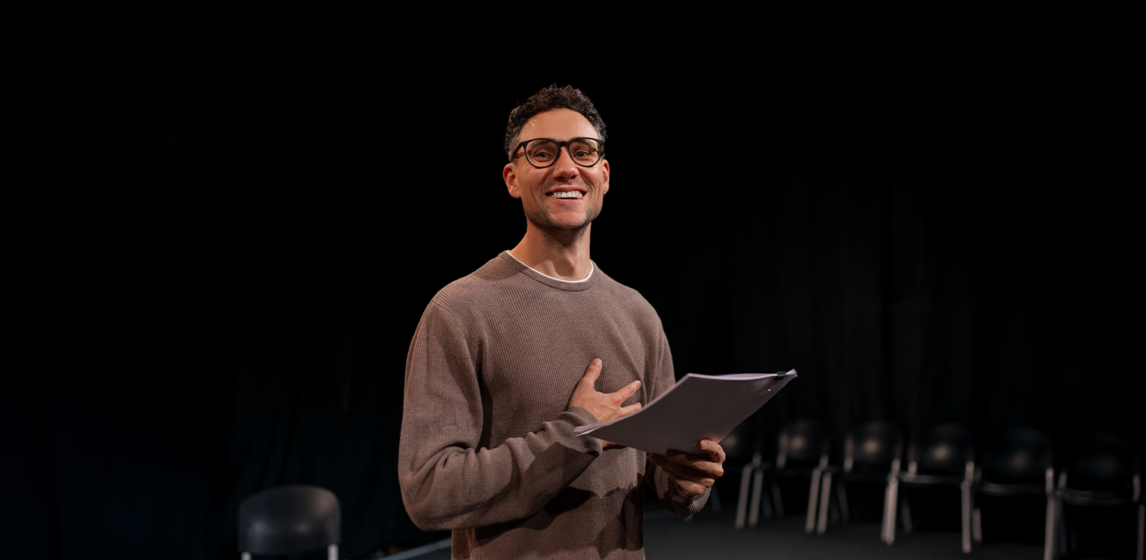High school service trips, Part 3: Reflecting on the experience
 Matt Laidlaw | Jul 1, 2014
Matt Laidlaw | Jul 1, 2014
In Post 1 and Post 2 in this series, I shared about the history of our youth ministry’s service trips, our transition process, and the new opportunity we innovated for our students and volunteers. After a year of planning, last summer a group of students and adult volunteers participated in our new service trip to Detroit, Michigan. Our students demonstrated an extraordinary amount of respect, compassion, and love during this experience. They worked hard, didn’t complain, and reinforced our belief that high school students are capable of much more than most adults usually assume and expect.
At several points throughout each day, and during an extended time of debriefing each evening, students and volunteers reflected on what they were experiencing. They shared how they were being challenged to rethink some of their assumptions about life and faith. Several students shared the following reflections:
- A storm destroyed Mississippi, but people destroyed Detroit.
- We are the story of the “Good Samaritan,” but most of the time we’re the religious people who didn’t help the suffering person.
- The love of Jesus is a beautiful, unique thing.
- The historical connection and conflict between Christianity, Judaism, and Islam is anything but simple.
- It’s not okay to take your experience with a small number of people and project that experience onto their entire religion or culture.
- I didn’t feel “welcome” where we were working today, but then again, if a bunch of people who looked different than me showed up in my neighborhood uninvited, I might not want to welcome them either.
- We didn’t accomplish much this week. The problems here are bigger than a few people giving money or time. The system is messed up. That’s what needs to be fixed.
In response to the question, “Who is my neighbor?” students shared:
- People we don’t understand
- People with different beliefs
- Immigrants
- Enemies
- Refugees
- Those we would last want to accept as our neighbor
- Anyone who needs me to be a neighbor
- People being silently persecuted by their own religion
- Everyone
We have continued to process this experience together as a team over the past year, and we suspect that further learning, discovery, and opportunities to serve will continue to flow from this trip in the lives of our students and volunteers.
Our year of planning, building consensus, and inviting collaboration and support from our community all contributed to the success of this trip. However, not everything went completely as planned. We learned plenty of lessons that we only could have learned by executing our first trip. There are certain aspects of the trip we could have better prepared our volunteers for as they led our students. Although well intentioned, several situations with our partners created awkward interactions for our students and the individuals we were attempting to learn from and serve.
And when construction begins on transportation routes you were planning on utilizing, or when restaurants you were planning on visiting close without warning, you realize that having a “Plan B” for every situation is necessary on a trip that you are designing from scratch.
We’re also working to assess what the future of an experience like this might be for our community. The consensus among the group involved in this trip was that the trip is definitely worth replicating. We want to strengthen and deepen the relationships we started. However, how often we should offer this trip and to how many students are questions we’re still exploring. We’re also working to discover ways to make the trip more cost effective, making adjustments to the trip itinerary, and exploring other potential partners to work with in the Detroit area.
Questions for your own context:
- What stories or reflections have you gathered from your students during previous service or mission trips? What do they tell you about the trip experience? In what ways were they surprising?
- What opportunities for storytelling or reflection do you offer your students and your community during or following your service experience?
- How do you evaluate service and mission trips once you return home? What factors do you consider when attempting to look at the past and plan for the future?
- Have you ever been on a trip with your students and had to improvise? What did you learn from the experience and how could you be better prepared with a “Plan B” on future trips?
- What kind of formal preparation and post-trip processing do you plan for your students and volunteers who participate on the trip? How has this been helpful, and in what ways do you need improve?
Read Post 1 and Post 2 in this series!
Photo by Ismael Paramo
More From Us



Sign up for our email today and choose from one of our popular free downloads sent straight to your inbox. Plus, you’ll be the first to know about our sales, offers, and new releases.



